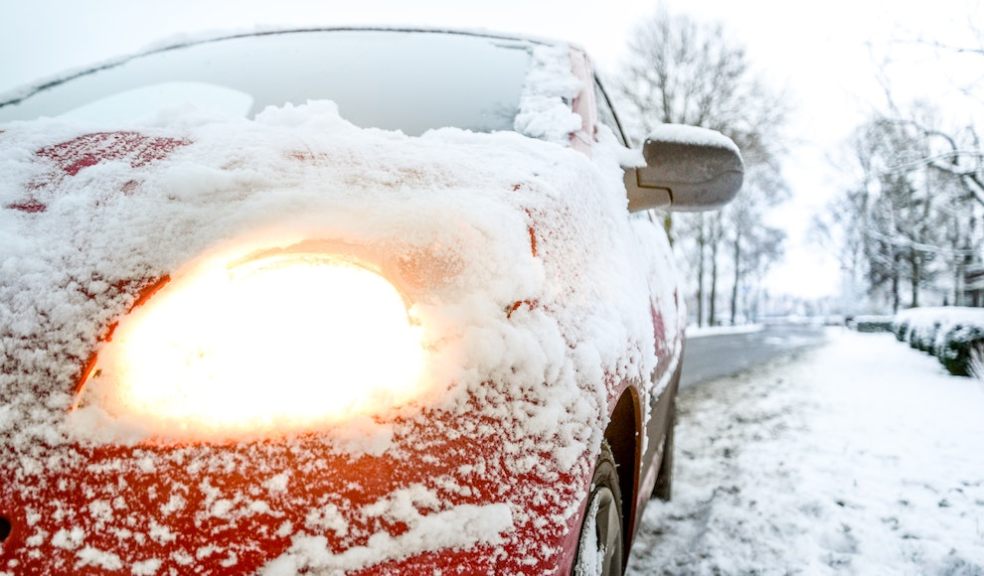
Can a Car Overheat in Winter?
While you might naturally associate winter weather with coldness, the inside of your car’s engine might still be vulnerable to overheating at this time of year. Let’s take a look at the problem and what causes it.
Why do cars overheat?
The internal combustion engine works by creating a series of miniature explosions, which, as well as generating kinetic energy to drive a piston, will also create heat. This heat will be distributed throughout the engine and beyond. On top of that, there’s also the friction that comes with having a complex series of moving parts rubbing against one another.
Are new cars less vulnerable?
Overheating is something that might happen to any car. While we might conclude that some designs are better able to cope with heat than others and that these better designs might be the newer ones, this isn’t something we can take for granted.
What matters in most cases is not the age of the vehicle, but the design and how it’s been cared for. If you’re shopping for a used Toyota, for example, you might expect a reasonable level of reliability – and for this reason, it’s worth going to a reputable dealership.
Checking the coolant
Coolant is a substance that’s designed to channel heat away from the sensitive parts of a car’s engine. It’s a liquid that’s formulated to remain at the right viscosity, even when the temperature rises. If it runs low or becomes contaminated, then you’ll experience problems with heating. Check the level of the coolant itself, as well as the hoses that transport it.
Checking the thermostat
If your car’s thermostat doesn’t register that the engine needs to be cooled down, then the cooling system won’t pump the coolant. This will create an overheating problem quickly. In this case, it doesn’t matter what condition the coolant is in: if it isn’t being pumped, it won’t be able to do its job.
Turning off the engine
Overheating is a serious and potentially dangerous problem. When it occurs, you should pull over and turn off the engine as soon as reasonably possible. Don’t be tempted to address the problem yourself. Removing the radiator cap or expansion tank, for example, could result in you being scalded by pressurized steam. Don’t pour cold water onto the engine – the rapid cooling will almost certainly make the problem much worse. Call for a mechanic, instead.













